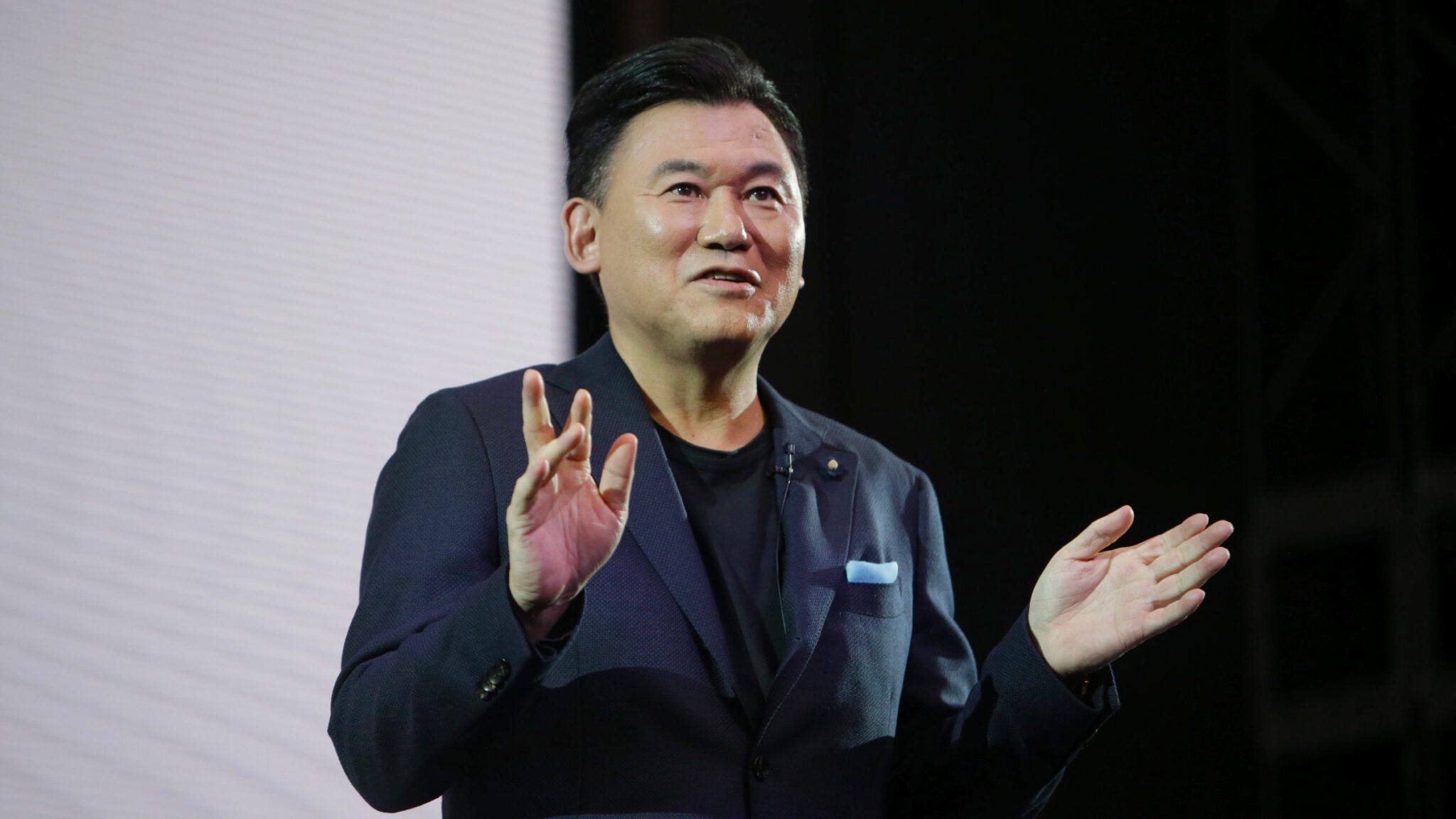
Flush with cash, Rakuten billionaire Mickey Mikitani looks to take his photoimmunotherapy platform global
E-tailer billionaire Mickey Mikitani has backed Aspyrian Therapeutics’ photoimmunotherapy tech from the beginning, starting as a participant in the company’s $40 million Series A round and later taking the helm as CEO and wrapping the brand entirely into his Rakuten empire.
He’s now reeled in another $166 million to push the company’s lead head and neck cancer drug through a global Phase III trial.
Unlock this article instantly by becoming a free subscriber.
You’ll get access to free articles each month, plus you can customize what newsletters get delivered to your inbox each week, including breaking news.